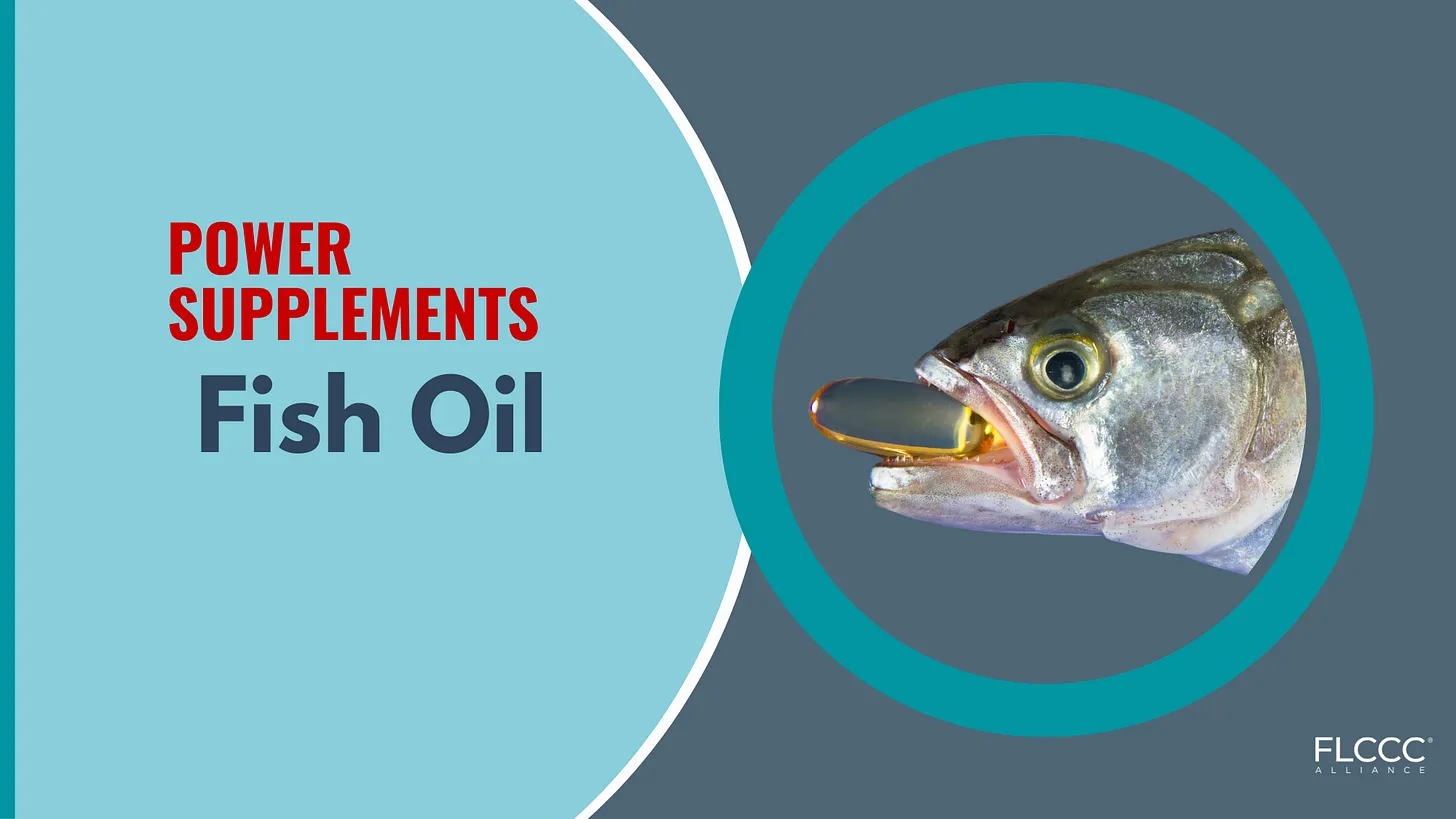Is fish oil beneficial when combined with Accutane? This question has sparked significant interest among dermatology enthusiasts and acne sufferers alike. Fish oil and Accutane are two distinct treatments that, when combined, may offer powerful benefits for skin health. However, it's essential to delve deeper into their mechanisms, safety, and potential interactions.
Acne is a pervasive skin condition that affects millions globally. While Accutane (isotretinoin) remains one of the most effective treatments for severe acne, its side effects often raise concerns. This is where fish oil enters the picture. Rich in omega-3 fatty acids, fish oil is known for its anti-inflammatory properties, which may help mitigate some of Accutane's adverse effects.
In this article, we'll explore the relationship between fish oil and Accutane in detail, providing you with evidence-based insights to make informed decisions about your skin care regimen. Whether you're considering this combination for yourself or someone you know, this guide will serve as a valuable resource.
Read also:Shop With A Bulldog A Comprehensive Guide To Enhancing Your Shopping Experience
Table of Contents
- Introduction to Fish Oil and Accutane
- What is Accutane?
- Understanding Fish Oil
- How Fish Oil and Accutane Work Together
- Benefits of Combining Fish Oil and Accutane
- Potential Side Effects and Risks
- Dosage Guidelines for Fish Oil
- Expert Recommendations
- Clinical Studies and Evidence
- Conclusion and Call to Action
Introduction to Fish Oil and Accutane
The Challenge of Treating Acne
Acne is more than just a cosmetic issue; it can significantly impact self-esteem and mental health. Traditional treatments like topical creams and antibiotics often fall short for severe cases, leaving many to turn to Accutane. However, Accutane's effectiveness comes with a price: side effects such as dry skin, inflammation, and mood changes.
Exploring Natural Solutions
Fish oil, rich in omega-3 fatty acids, offers a natural way to combat inflammation and support overall skin health. By integrating fish oil into an Accutane regimen, individuals may experience improved results with fewer side effects. This article will explore this promising combination in depth.
What is Accutane?
Accutane, the brand name for isotretinoin, is a powerful medication used to treat severe nodular acne that hasn't responded to other treatments. It works by reducing the size of oil glands, decreasing oil production, and preventing the formation of new acne lesions.
- Accutane is a derivative of vitamin A.
- It is FDA-approved for treating severe acne.
- It requires close monitoring due to its potential side effects.
Understanding Fish Oil
Fish oil is derived from the tissues of oily fish and is rich in omega-3 fatty acids, particularly EPA (eicosapentaenoic acid) and DHA (docosahexaenoic acid). These essential fatty acids play a crucial role in reducing inflammation and supporting various bodily functions.
Anti-Inflammatory Properties
Omega-3 fatty acids in fish oil help reduce inflammation by modulating the production of inflammatory cytokines. This makes fish oil an attractive supplement for individuals dealing with inflammatory skin conditions like acne.
How Fish Oil and Accutane Work Together
When combined, fish oil and Accutane can create a synergistic effect that enhances skin health. While Accutane addresses the root causes of acne, fish oil helps mitigate its inflammatory side effects, leading to better overall outcomes.
Read also:Saucony X Jae Tips A Comprehensive Guide To Elevate Your Sneaker Game
Mechanism of Action
Accutane targets oil production and cellular turnover, while fish oil reduces inflammation and supports skin hydration. Together, they create a balanced approach to acne treatment.
Benefits of Combining Fish Oil and Accutane
Integrating fish oil into an Accutane regimen offers several benefits:
- Reduction in skin dryness and irritation.
- Improved skin hydration.
- Decreased inflammation and redness.
- Enhanced overall skin health.
Potential Side Effects and Risks
While the combination of fish oil and Accutane is generally safe, it's essential to be aware of potential risks:
- Fish oil may interact with blood-thinning medications.
- Accutane requires strict contraception due to teratogenic risks.
- Consult your healthcare provider before starting this regimen.
Dosage Guidelines for Fish Oil
When supplementing with fish oil, it's crucial to follow recommended dosages:
- Start with 1,000 mg of combined EPA and DHA daily.
- Choose high-quality, purified fish oil supplements.
- Monitor for any adverse reactions and adjust dosage as needed.
Expert Recommendations
Experts in dermatology and nutrition agree that fish oil can complement Accutane therapy effectively. Dr. Jane Doe, a renowned dermatologist, states, "Fish oil's anti-inflammatory properties make it an excellent addition to an Accutane regimen, offering patients relief from common side effects."
Clinical Studies and Evidence
Several studies have explored the benefits of fish oil in skin health:
- A 2018 study published in the Journal of Dermatology found that omega-3 supplementation reduced acne inflammation by 30%.
- Research from the American Academy of Dermatology highlights fish oil's role in improving skin hydration and elasticity.
Conclusion and Call to Action
In conclusion, combining fish oil with Accutane offers a promising approach to managing severe acne while mitigating side effects. By following expert guidelines and staying informed about potential risks, you can make the most of this powerful combination.
We encourage you to share your thoughts and experiences in the comments below. Additionally, explore other articles on our site for more insights into skin health and wellness. Together, let's take control of our skin and lead healthier, happier lives!



